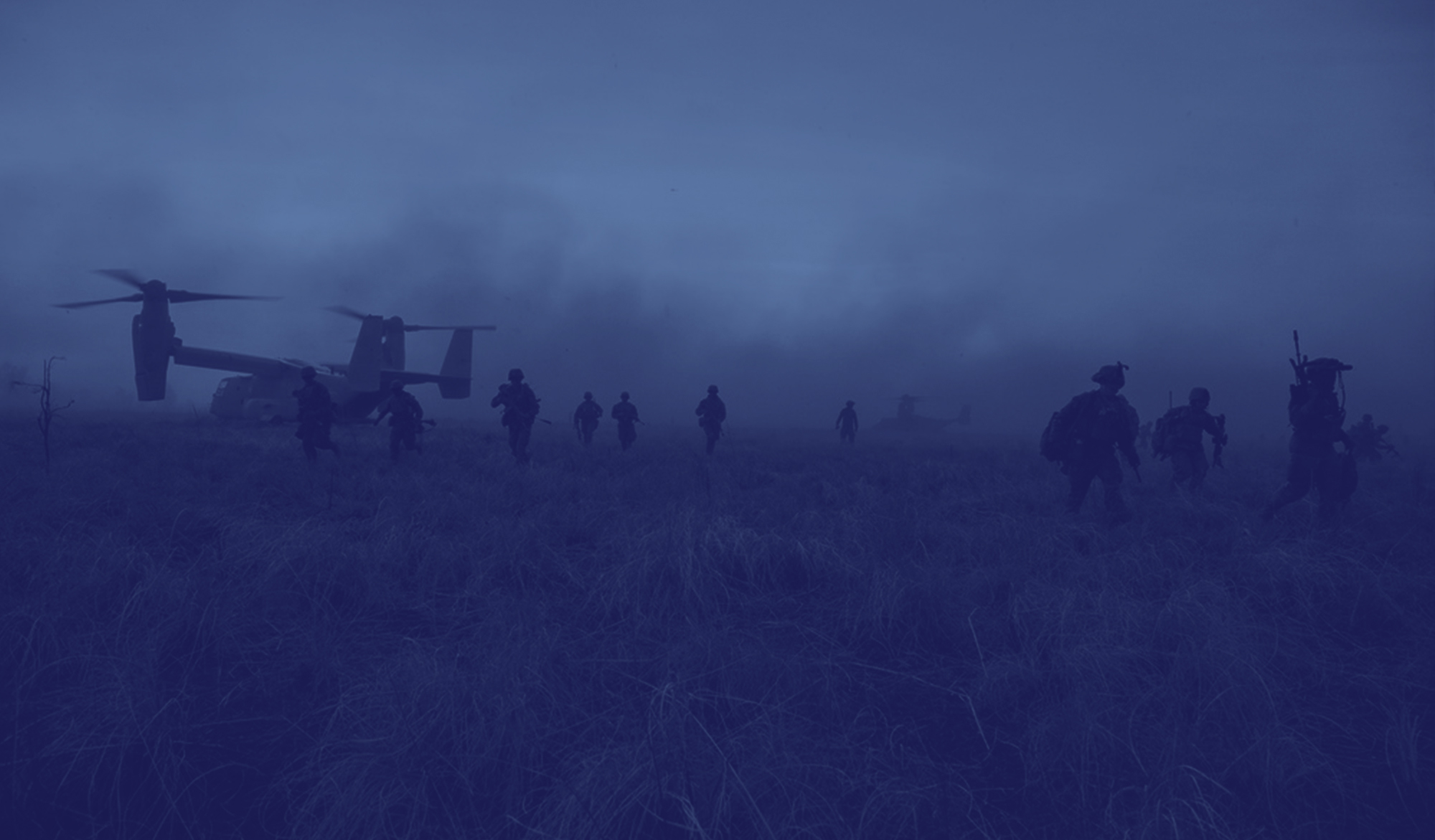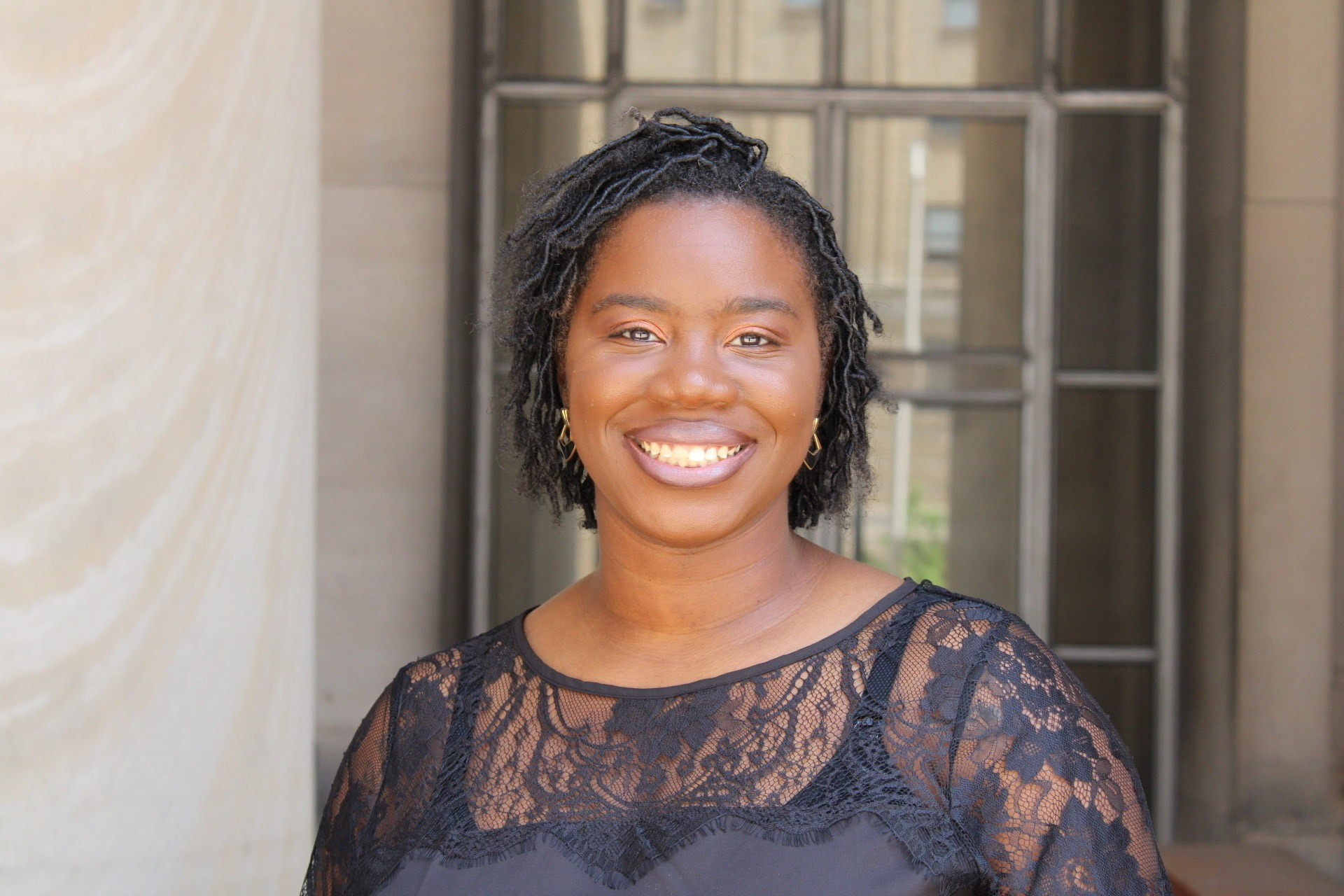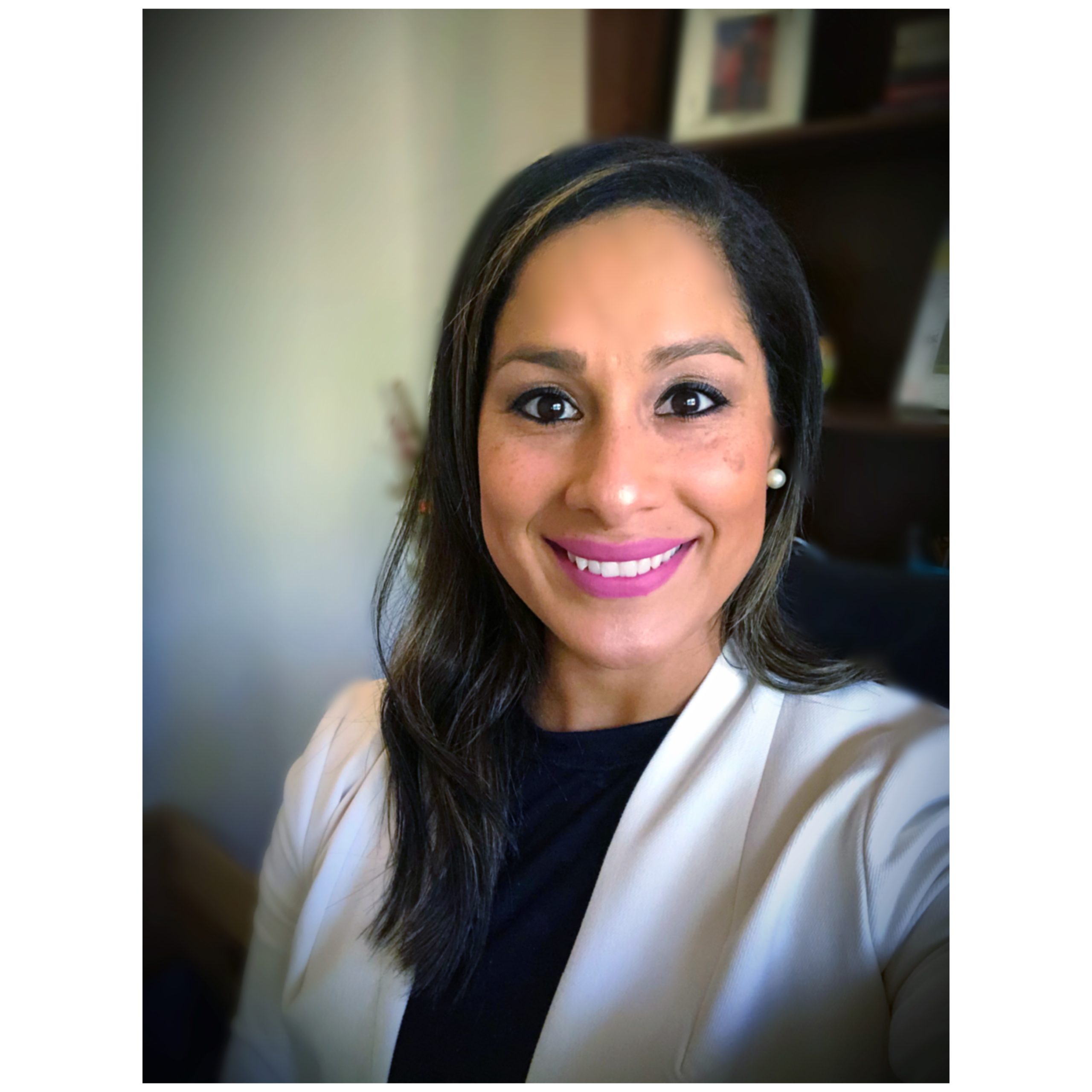
By Tralene Hunston
Women have been serving in the U.S. military for more than a century. As the years have passed, female service members’ roles, conflicts and responsibilities have shifted, ultimately progressing opportunities for the female service member.
Today, female veterans make up 10% of the veteran population. However, while the female veterans’ population and the opportunities granting equality to the women who serve have increased, they have still failed to eliminate the barriers of gendered stereotypes, in and outside of the military. Female service members are forced to confront and overcome these barriers in a way that their male counterparts and a seemingly unsympathetic public cannot understand. Women who find themselves exiting the service find themselves facing unique branding challenges.
Transitioning from the service to the civilian sector is already an arduous task. Female veterans have the added burden of branding themselves in a way that appeals to their veteran cohort and not venturing too far from gendered stereotypes. Female veterans have grown to understand the need to adjust to male-dominated industries, particularly if the culture of the workplace is threatened by a woman who succeeded in a category viewed as male-centric.
Biased employment
Veterans, not just female veterans, may face biased evaluations when entering the workforce. Portrayals of veterans in the media can drive employers’ concerns over the quality of the veteran candidate. Veterans must work on branding themselves in a way that overcomes the stigma provided by the media, but they must also overcome misconceptions held by employers when it comes to their professional experiences.
A study conducted by Edelman found employers are skeptical that veterans’ soft skills, education levels and communication abilities can align with private-sector jobs. Understanding this knowledge, veterans face limitations and must selectively choose organizations that will understand the unique, diverse offerings they present and organizations that can see past stereotypes.
“Spend time researching the companies that you are interested in working at, and dig into what they stand for by reviewing their mission, vision and values,” Joseph Tateoka, vice president, talent director at Edelman, recommended. “Aligning your skills and experience to the job description and thinking through how to apply them is important when looking for your next career opportunity, but if an organization doesn’t value your service and experience, is that really a company you want to invest your time in?”
Positioning
Some female veterans, particularly women of color, deal with an added cultural juxtaposition throughout their branding journey, of openly acknowledging that they are a veteran, or keeping their veteran experience private.
“For me, as a Black woman and veteran, I make sure that I’m in these spaces, advocating, representing, speaking to what’s going on, ensuring that there is a conversation on diversity,” Annette Nance, Marine Corps veteran, said. “We also have to remember and share the historical trauma that Black veterans have experienced.”
Advocating for veterans and ensuring diverse populations are visible have helped define Nance’s postgraduate academic career. Still, neither of these positions defines who she is and the career goals she hopes to attain. She expresses the need to ensure that veterans do not allow others to begin making assumptions about what defines them.
“When people find out I’m a social worker, they assume I want to work for the VA; I don’t,” Nance said. “Be strategic with how you position yourself. Join a board in the area that interests you. I joined the Urban League Young Professionals of Greater Pittsburg so that I can learn and focus on an interest that I can relate to on a deeper level.”
Navigating crowded rooms
As women veterans work toward reintegrating with the civilian world, feelings of awkwardness and distrust may cause them to hold off on sharing information about their military service. This silence can leave them unsure of how to express themselves authentically, ultimately enhancing veteran stereotypes, as those with the loudest voices are the only ones being heard and shared.
“As a female veteran, you get lumped into certain categories, particularly when it comes to highlighting trauma,” Maria Espin, Air Force and Marine Corps veteran, said. “You’re expected to be vocal about your service experience and to utilize social media platforms as your megaphone. That is the only time it seems people are listening, the only way we have today to propel our education and career.”
Not every veteran is comfortable vocalizing their experiences, nor does every veteran want to engage in the potential ethical boundaries of leveraging their veteran experiences for assumed benefits.
“Not all of us want to be recognized for serving our country all the time, and while we appreciate the sentiment, there is so much more to us than the one brief bullet point in our résumés,” Espin said. “How do we present ourselves as experienced professionals, despite our time in service being ‘leverage’ for professional gain?”
Moving forward
Being a veteran is a brand, but how do veterans move beyond this marker when some feel silenced by the veterans and organizations that promote their standard of a veteran? How can our society shift their perceived assumptions about female service members?
It starts with understanding the unique branding concerns they face — asking them about their interests and listening when they tell you what matters to them. With this small shift in empathetic behavior toward female veterans, we can provide them the opportunity to feel included and to thrive.
Tralene is a Marine veteran and current master’s student at the University of Alabama, studying advertising and public relations. With a focus on ethics in mass communication, Tralene strives to use her writing to drive awareness to narratives she finds important, particularly narratives surrounding female veterans.





